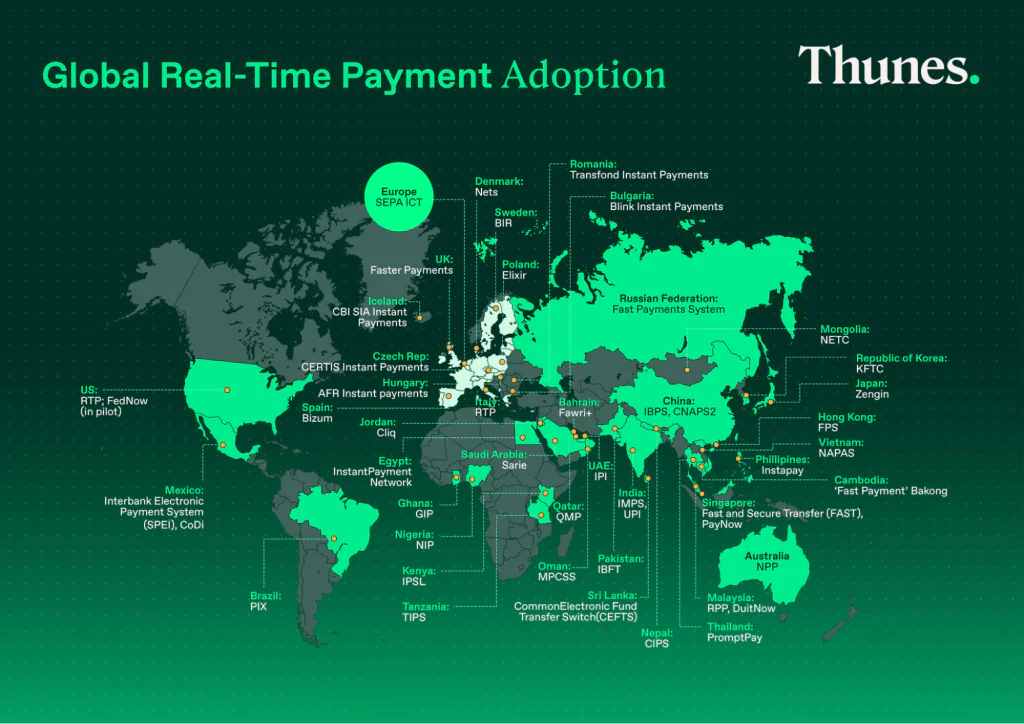On March 11, BAFT submitted a letter in response to USTR’s request for comments to assist in reviewing and identifying unfair trade practices and initiating necessary actions to investigate harm from non-reciprocal trade arrangements.
Click on the link below to access the comment letter.



